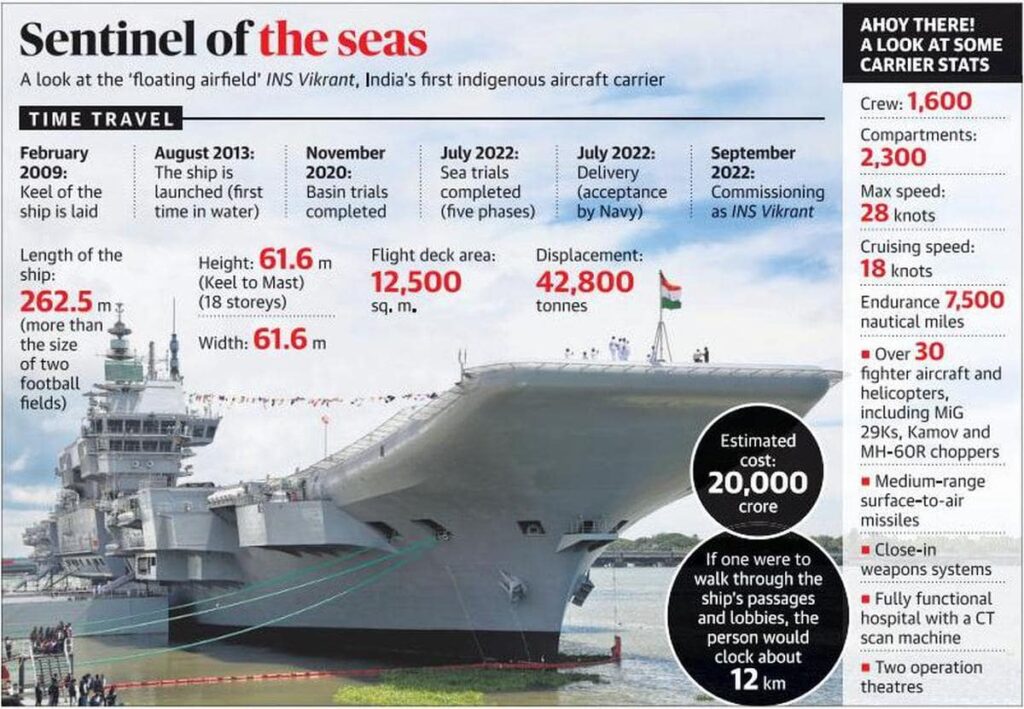Q 1. Bodo, Dogri, Maithili, and Santhali were added in the Eighth Schedule to the Constitution by which of the following Amendment Act?
A. 21st Amendment Act of 1967
B. 71st Amendment Act of 1992
C. 82nd Amendment Act of 2002
D. 92nd Amendment Act of 2003
Answer: (D)
The Supreme Court dismissed a PIL seeking directions to notify Sanskrit as the national language. SC said that the issue was in the realm of policy, requiring constitutional amendments which entailed detailed discussion in the Parliament and not in the realm of judiciary.
Option (D) is correct: The Eighth Schedule to the Constitution consists of the following 22 languages: (1) Assamese, (2) Bengali, (3) Gujarati, (4) Hindi, (5) Kannada, (6) Kashmiri, (7) Konkani, (8) Malayalam, (9) Manipuri, (10) Marathi, (11) Nepali, (12) Oriya, (13) Punjabi, (14) Sanskrit, (15) Sindhi, (16) Tamil, (17) Telugu, (18) Urdu (19) Bodo, (20) Santhali, (21) Maithili and (22) Dogri.
- Of these languages, 14 were initially included in the Constitution.
- Sindhi language was added by the 21st Amendment Act of 1967.
- Konkani, Manipuri, and Nepali were included by the 71st Amendment Act of 1992.
- Bodo, Dogri, Maithili, and Santhali were added by the 92nd Amendment Act of 2003.
Q 2. Who among the following established the Asiatic Society of Bengal in the year 1784?
A. Georg Buhier
B. James Prinsep
C. William Jones
D. Max Muller
Answer: (C)
A Bench of Justices M.R. Shah and Krishna Murari declined to issue notice on the petition to “notify Sanskrit as the national language “. The petitioner’s lawyer claimed Sanskrit as a “mother language” from which other tongues took inspiration. In a bid to press his point, he repeatedly invoked oriental scholar Sir William Jones and his study of the ancient language.
Option (C) is correct: William Jones was an SC judge as well as a linguist and proposed that there is an existence of a relationship between European and Indo-Aryan languages, which he coined Indo-European. He established the Asiatic Society of Bengal in the year 1784. He was the first to suggest that Sanskrit, Greek and Latin languages had a common root. He also suggested that Sanskrit ‘was introduced to India by conquerors from other kingdoms in some very remote age’ displacing ‘the pure Hindi’ of north India.
Q 3. Which of the following countries recognised as the Nuclear Weapons States by the Nuclear Non-Proliferation Treaty (NPT)?
- China
- France
- India
- Israel
- Pakistan
Select the correct answer using the code given below:
A. 1 and 2 only
B. 1, 3, 4 and 5 only
C. 2, 4 and 5 only
D. 1, 2, 3, 4 and 5
Answer: (A)
The Tenth Review Conference of the Parties to the Treaty on the Non-Proliferation of nuclear weapons (NPT) concluded recently in the New York.
Option (A) is correct: The Non-Proliferation Treaty (NPT) is a multilateral treaty aimed at limiting the spread of nuclear weapons including three elements:
- Non-proliferation
- Disarmament
- Peaceful use of nuclear energy.
The treaty was signed in 1968 and entered into force in 1970. The Treaty does not affect the right of state parties to develop, produce, and use nuclear energy for peaceful purposes. The objective of the Non-Proliferation treaty is to inhibit the spread of nuclear weapons and weapons technology, to promote cooperation in the peaceful uses of nuclear energy, and to further achieve the goal of nuclear disarmament. Nuclear-weapon states (NWS) consist of the United States, Russia, China, France, and the United Kingdom
Q 4. Which one of the following is the best description of ‘INS Vikrant, that was in the news recently?
(A) Amphibious warfare ship
(B) Nuclear-powered submarine
(C) Torpedo launch and recovery vessel
(D) Indigenous aircraft carrier
Answer: (D)
Recently, India got its first Indigenous Aircraft Carrier, ‘INS Vikrant’. Prime Minister commissioned the aircraft carrier at the Cochin Shipyard in Kerala.
Option (D) is correct: From the first indigenous warship INS Ajay in 1960 to the first indigenous frigate INS Nilgiris in 1968, the commissioning of the first indigenously designed and built aircraft carrier, INS Vikrant, is significant punctuation in India’s pursuit of self-reliance (Aatmanirbhar Bharat). At 45,000 tons, Vikrant is the largest naval ship to be designed and built in India, and with this accomplishment, the country joins the band of nations that have demonstrated such capability with major countries like United States (US), the United Kingdom (UK), France, Russia, Italy, and China.

Q 5. With reference to Amnesty International, consider the following statements:
- It is a USA-based Non-Governmental Organization for human rights, founded in 1961.
- The organization was awarded the Nobel Peace Prize in 1977 for its “Defence of human dignity against torture”.
Which of the statements given above is/are correct?
A. 1 only
B. 2 only
C. Both 1 and 2
D. Neither I nor 2
Answer: (B)
Amnesty International said it had recorded at least 60 instances of crackdowns on journalists and human rights defenders in Jammu and Kashmir since the revocation of the special status of the erstwhile State in August 2019.
Statement 1 is not correct: Amnesty International is a London-based Non-Governmental Organization founded in 1961. The organization aims to create a world where every person enjoys all of the human rights enshrined in the Universal Declaration of Human Rights and other international human rights standards. The Universal Declaration of Human Rights was adopted in 1948. It recognized the fundamental human rights universally for the first time.
Statement 2 is correct: It also conducts research, generates action to prevent grave abuses of human rights and demands justice for those whose rights have been violated. The organization was awarded the Nobel Peace Prize in 1977 for its “Defence of human dignity against torture” and the United Nations Prize in the field of Human Rights in 1978.
 Profile
Profile Settings
Settings Refer your friends
Refer your friends Sign out
Sign out




